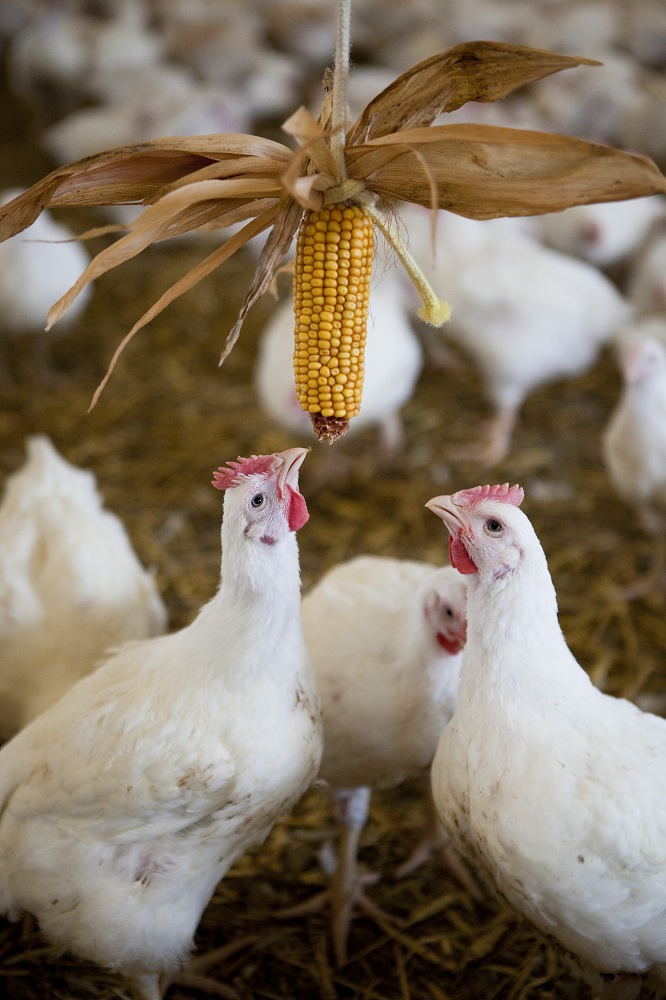Almost three-quarters of assessments carried out by RSPCA Assured in 2020 were in-person, despite the unprecedented challenges of COVID-19 and Avian Influenza (AI), the charity has said. And it hopes for all audits to be in-person, as soon as safely possible, following the lifting of the current national lockdown and AI restrictions.
Out of a total of 3,535 assessments last year, 72% (2,541) of these were conducted in-person, with the remaining 994 carried out via live video streaming.
Desktop assessments – carried out via live video streaming – were temporarily made compulsory by RSPCA Assured from 17 April for six weeks, when COVID-restrictions were at their tightest. But, from 1 June onwards, in-person assessments resumed on a case by case basis (with the mutual consent of both member and assessor), with live video assessments remaining a temporary option.
Between 17 April – when desktop assessments were first rolled out – and 31 December, 1,796 assessments were done in-person. These were all contactless and carried out according to the Government’s social-distancing measures.
“There was a time when I thought we might not get back to visiting farms in person last year,” said RSPCA Assured CEO, Clive Brazier. “But the determination of staff to get back on-farm, and the willingness of our members to host them when safe to do so, made it possible.”
Contactless in-person assessments are continuing to be offered during the current national lockdown and AI restrictions, where mutually acceptable. However, RSPCA Assured is keen to return to 100%, mandatory, in-person assessments as soon as it’s safely possible.
“Desktop assessments have been a great temporary solution but they will remain just that,” said Brazier. “With the roll-out of the COVID-19 vaccine now well underway, and Avian Influenza hopefully soon behind us, I’m confident it won’t be long before in-person audits can resume for all of our members. There is nothing more important to assure ourselves, the public, and our members of the welfare of their farm animals, than seeing them in person.”


